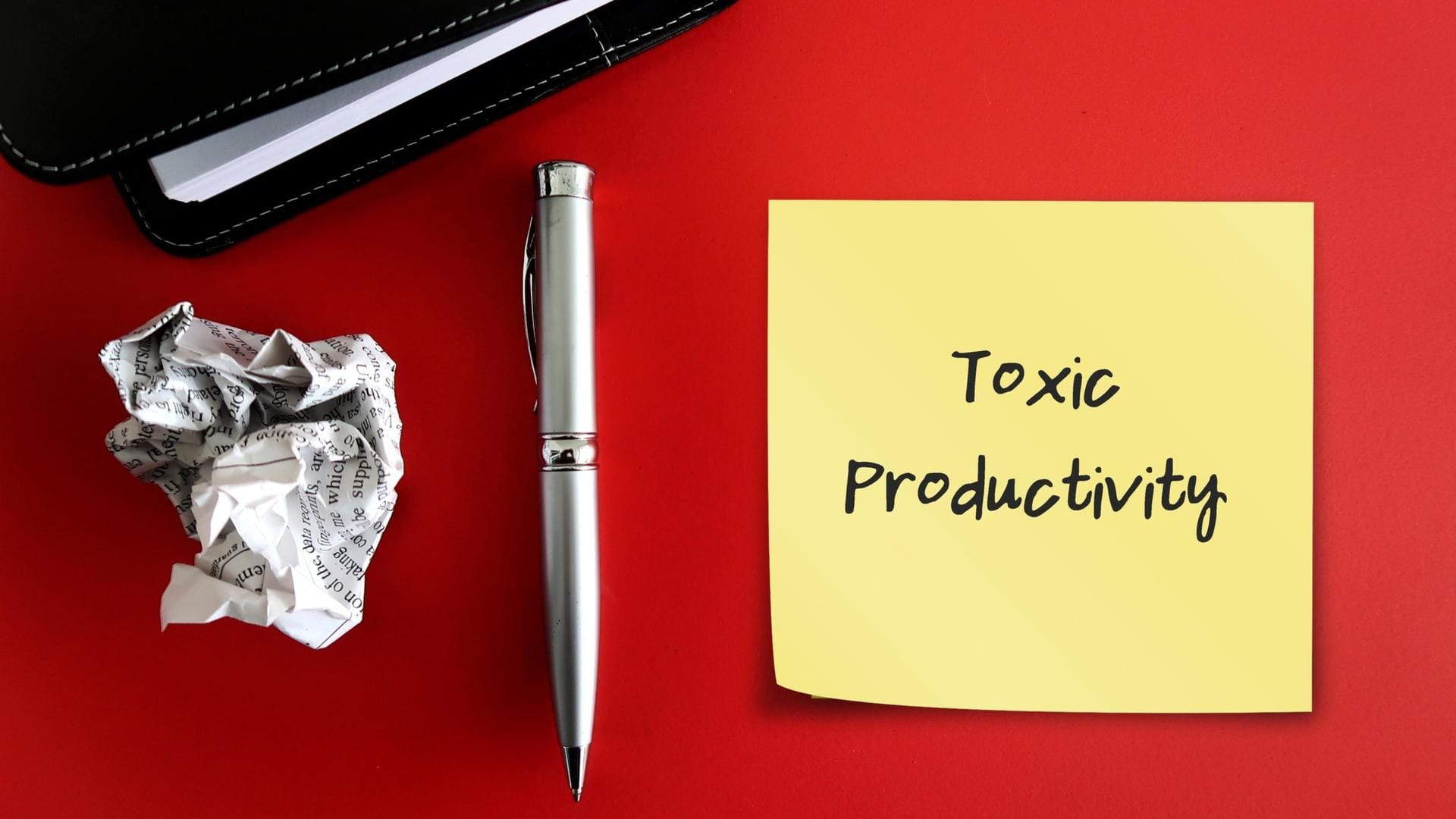
Toxic productivity: Take these steps to recognize and overcome it
What's the story
We all enjoy staying productive when it comes to working. However, when that is done at the cost of our well-being, it can backfire in multiple ways. This has become a common yet one of the most unspoken and unknown issues in workplaces; thanks to unhealthy work culture giving rise to toxic productivity. Here's everything about toxic productivity and how to overcome it.
Meaning
Let's find out what toxic productivity means
In simple terms, toxic productivity is defined as overworking at the cost of other important aspects of your life. These aspects could be your mental health, physical well-being, family life, or anything else that is seminal to your growth. The concept of time, boundaries, and health becomes null here as you work or are expected to do so round the clock like a robot.
Recognize
How to find out if you are being toxic productive?
Signs that you are toxic productive involve working extra hours on a regular basis without compensation. Additionally, there's a sudden guilt that creeps in when you don't get enough work done at a point in time. As a result, you don't give importance to self-care, letting your emotions and leisure take a back seat. You worship perfectionism and only perform tasks with clear objectives.
Step 1
Step 1: Define your work boundaries
To work extra hours on certain days is okay but when that becomes a habit, it is nothing but toxic productivity. Break the loop by establishing firm boundaries when it comes to work and claim some free time. Set and stick to your working hours and finish your work within them. And once they are up, turn off your work email notifications.
Step 2
Step 2: 'Break' your schedule
The second tip to overcome toxic productivity is to 'break' your schedule. Well, we mean to reserve some time from your to-do list for recreation or relaxation purposes. They don't have to be too long but should be used only for self-care. During these breaks, you can take a walk, indulge in some stretching exercises, or talk to your loved ones.
Step 3
Step 3: Incorporate professional detachment
The word "professional detachment" was coined by author Laurie Ruettimann, who defined it as a practice to understand that your job role is not your core identity. It is about staying productive not just at work but in other areas of your life too. It is crucial you realize that your career is only a part of your life and not your entire existence.
Step 4
Step 4: Understand the difference between 'important' and 'urgent'
Toxic productivity largely happens when you feel that your entire to-do list is time-bound and urgent. This pushes you into an emergency mode where you spend your entire day trying to accomplish everything. Understand the difference between what is important and what is urgent, for the two are not always the same. Rearrange your to-do list and rank tasks.
How to differentiate
Use the Eisenhower Matrix
Create two axes named "important" and "urgent." Now you have four categories - Urgent and important, not urgent but important, urgent but not important, and neither urgent nor important. Spend time finishing the first quadrant and then move over to the second. The third and fourth quadrants should be avoided as they take up time and yield no results. You can thank us later!
Step 5
Step 5: Set realistic goals
This tip is an addition to the last one. And believe us, it makes a huge impact in helping you get rid of toxic productivity. When you prepare your to-do list, ensure that you are only putting tasks that are realistic, doable, and flexible. While this can help you make room for urgent tasks that come suddenly, it can also help you prioritize better.